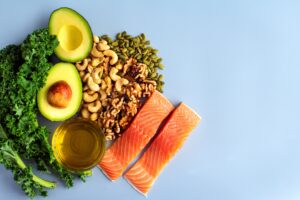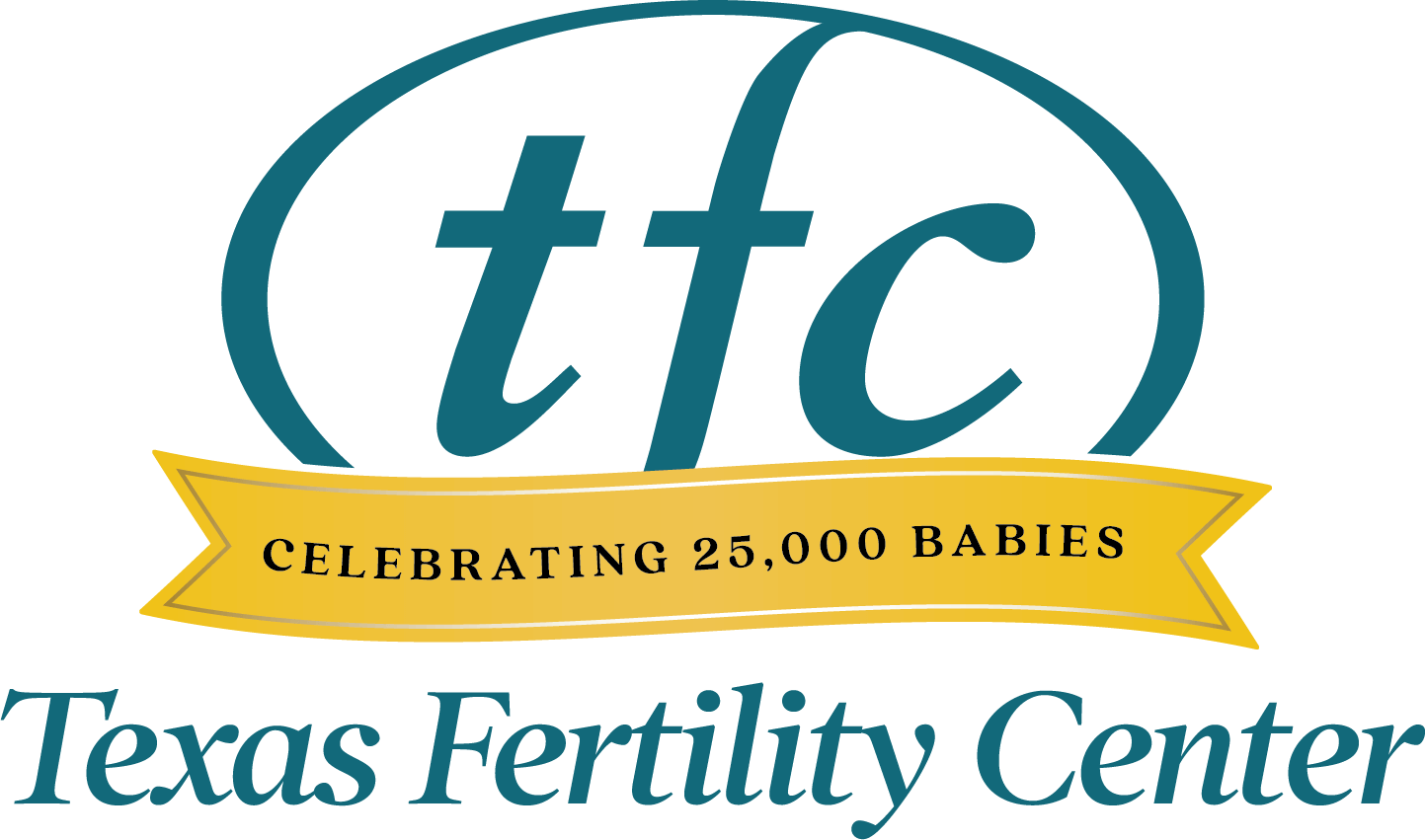Is there a clear link between PCOS and diet?
 PCOS, or polycystic ovary syndrome, is a common factor in infertility, and decreasing symptoms improves your chances of becoming pregnant. Because there is a clear link between PCOS and diet, New Braunfels fertility doctor Susan Hudson, MD, advises women to adopt a healthy lifestyle, including a balanced diet of natural, unprocessed foods. Women find that following a PCOS diet reaps many benefits.
PCOS, or polycystic ovary syndrome, is a common factor in infertility, and decreasing symptoms improves your chances of becoming pregnant. Because there is a clear link between PCOS and diet, New Braunfels fertility doctor Susan Hudson, MD, advises women to adopt a healthy lifestyle, including a balanced diet of natural, unprocessed foods. Women find that following a PCOS diet reaps many benefits.
The connection between PCOS and diet
A balanced, healthy diet has proven to improve symptoms of polycystic ovary syndrome. It is a natural, drug-free way to improve your health and decrease the effects of PCOS on your fertility.
- Weight management. Women with PCOS are more likely to have insulin resistance, obesity and metabolic syndrome. All of these symptoms are reduced when a woman achieves a healthy weight. Weight loss can also help regulate menstrual cycles.
- Insulin regulation. Women with this syndrome often become insulin-resistant, which can increase symptoms. A low-sugar diet helps balance sugars and increase insulin sensitivity. Controlled insulin also makes it easier to lose weight.
- Reduced risk of additional health problems. Over time, PCOS can lead to health conditions, including diabetes, heart disease, high cholesterol and uterine cancer. A PCOS diet reduces the risk of these diseases and other health concerns.
How do I follow the polycystic ovary syndrome diet?
Eat small, healthy meals throughout the day to avoid blood sugar spikes. Avoid intermittent fasting or skipping meals, which causes fluctuations in insulin levels.
Stop eating three hours before bedtime to allow your body time to digest your food. This leads to better sleep, which in turn maintains hormonal balance.
When exploring the link between PCOS and diet, it’s important to remember that this diet is built around the following foods.
- Low-sugar fruits (berries, apples, oranges)
- Vegetables (dark leafy greens, broccoli, cauliflower)
- Lean proteins (beans, legumes, nuts, fish)
- Legumes (beans, chickpeas, lentils, soybeans)
- Whole grains (whole wheat bread, brown rice, oats, barley)
- Healthy fats (avocado, nuts, olive oil)
Anti-inflammatory foods have been shown to benefit patients with polycystic ovary syndrome. A PCOS diet already includes many anti-inflammatory foods, but adding green tea and spices, such as turmeric and cinnamon, can give your diet an anti-inflammatory boost.
It is recommended that women with PCOS drink two liters of water a day.
Avoid these foods
Just as a healthy diet can be helpful for PCOS, a diet of high-sugar and processed foods will have the opposite effect. These foods result in spikes in blood sugar, inflammation and insulin resistance. Because this connection between PCOS and diet is so clear, women with PCOS should stay away from these common, but unhealthy, foods and beverages.
- Saturated fats (butter, processed foods)
- Red meat
- Processed meats (hot dogs, sausage)
- Refined carbohydrates (white bread, white rice)
- Sugary drinks (juice, soft drinks)
- Alcohol
There is no cure for PCOS, but incorporating this healthy diet has proven to reduce PCOS symptoms. It is an excellent way to improve your fertility and overall health.
Our New Braunfels fertility doctor, Dr. Susan Hudson, can provide you with more detailed information on PCOS and diet. Contact Texas Fertility Center for an appointment.





